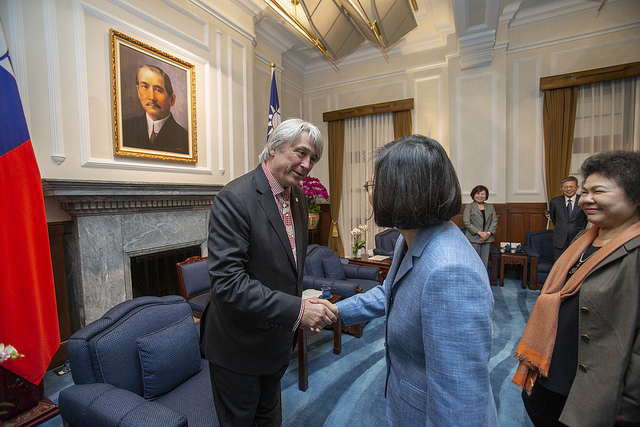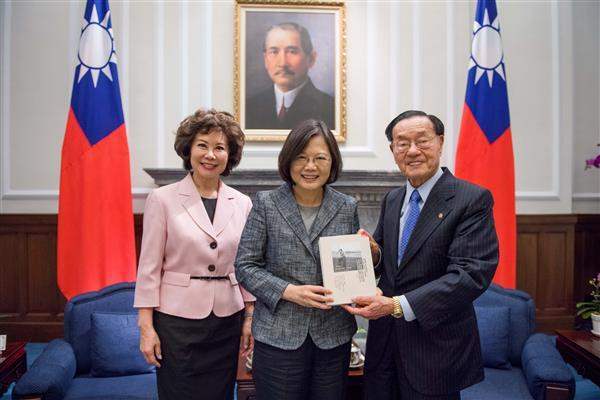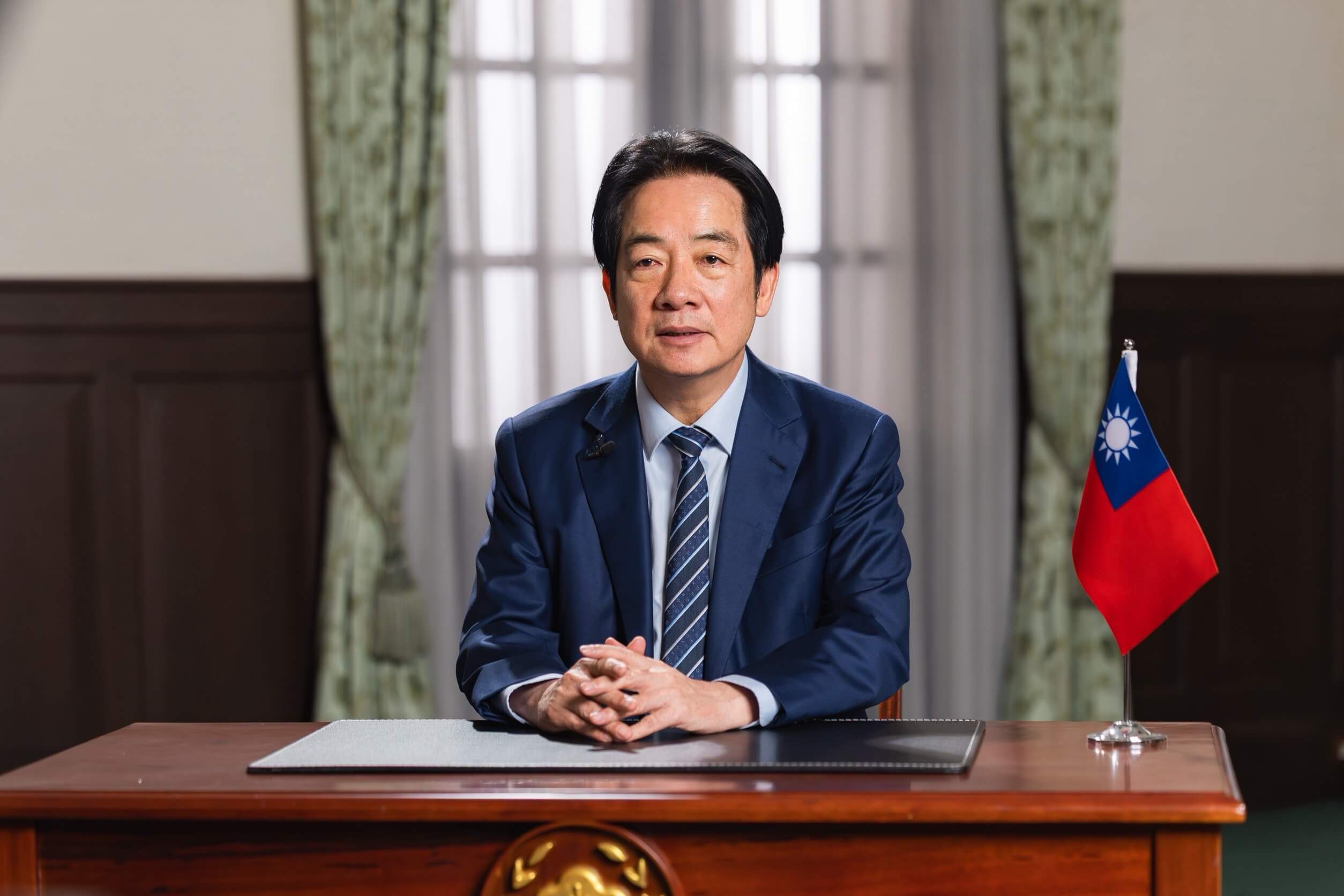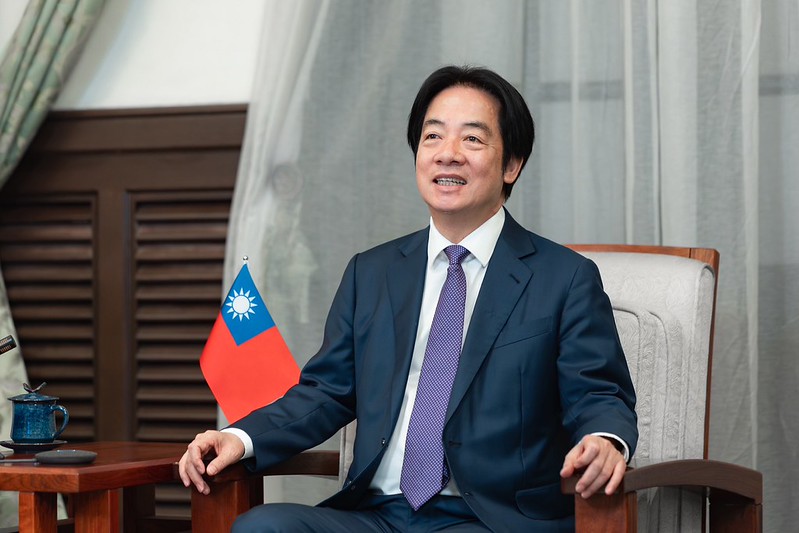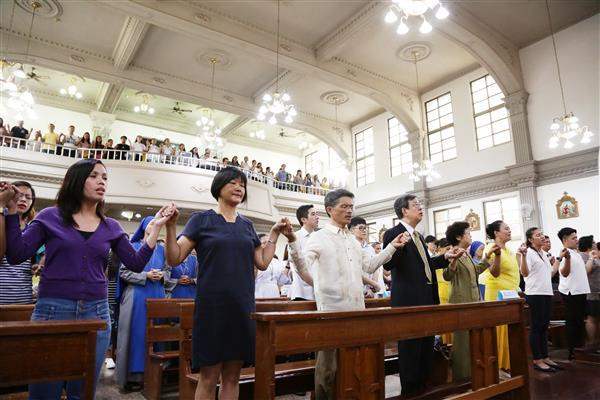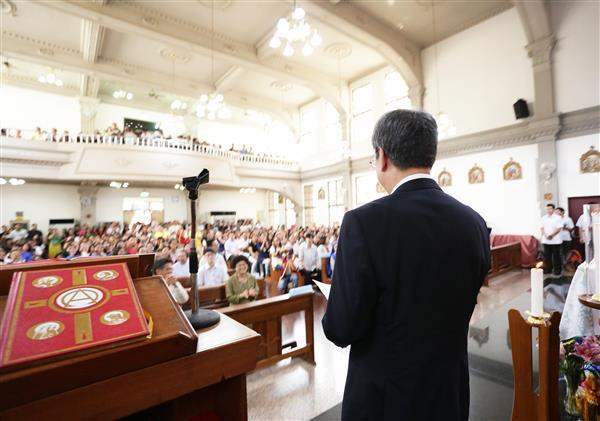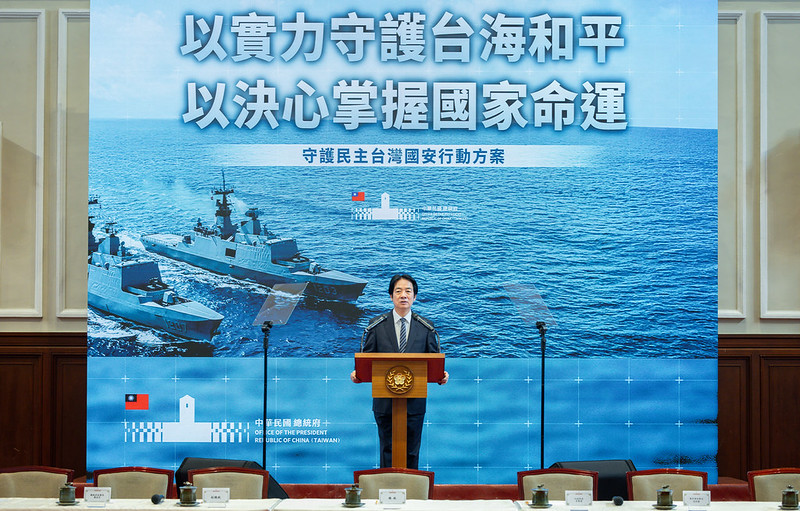News & activities
 News releases
News releases
On the morning of September 11, Vice President Chen Chien-Jen attended Eucharistic celebration in commemoration of the 30th anniversary of Hope Workers' Center and delivered an address as follows:
Bishop John Baptist Lee, fathers, brothers and sisters in Christ, ladies and gentlemen:
"Magandang tanghali" (which means "good noon" in Tagalog)
It is an honor for me to be part of this special Eucharistic celebration in commemoration of the 30th anniversary of Hope Workers' Center (HWC).
I stand in front of you today not only as a statesman, but more importantly as one among you, a humble member of the Holy Roman Catholic Church.
I can see that our congregation in this church is mostly Filipinos, joined by some Indonesian, Thai and Vietnamese friends. We may also have foreign students here from different countries as we have several universities here in Chungli and the Taoyuan area.
It is undeniable that the presence of foreigners in Taiwan has made our country far more international. So I would like to welcome you and thank you on behalf of the people of Taiwan.
I wrote on my Facebook page that "Taiwan is a diverse society with people of every ethnicity and religious belief. This is what makes Taiwan precious. No matter one's belief, the core of all religions is love, peace, and mercy. I believe every one of us can become a sower of love."
I believe most of you are migrant workers here in Taiwan. I know how challenging it is to leave home behind and live in a foreign land, because I myself also once studied and worked in a distant place I didn't know.
But you have each other, and you have this great center. Since 1986, the Hope Workers' Center has been defending and fighting for the rights of local and migrant workers. For the last few years it has expanded and also caters to foreign spouses and their families.
As a member of the same Catholic family I am in solidarity with you in prayer, especially that the HWC will continue serving and helping workers for the next 30 years to come.
Recently I came back from a visit to the Vatican. I went there to participate in the canonization of Mother Teresa, and I had a chance to meet our Holy Father, Pope Francis. When we met each other, the Pope said: "Please pray for me." That was the first thing he said.
And I told him that we would like to have the Holy Father pray for the people and all of our fellow Catholics in Taiwan, and he said he will pray for all of us. Our Holy Father is very humble and passionate, and also full of love, peace and friendship. I was very fortunate to have the chance to meet him.
During the canonization of Mother Teresa, he told us that we have to be merciful like the Father. This is the first duty of faith. This year is the best year for the canonization of Mother Teresa.
Last I would like to thank all of you, foreign workers in Taiwan, who have given a lot to our country, our industry and development. Without you, we would not be living such peaceful and wonderful lives. Yesterday we heard the bad news regarding the female Indonesian worker. So I want to reassure you that the new government will respect and protect all foreign workers, and will also respect and protect human rights.
With that, I would like to thank you once again for the chance to participate in today's mass.
Thank you very much.
